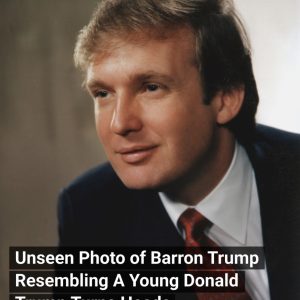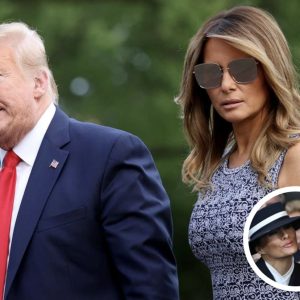
It began as just another therapy session. I had come in, burdened with the familiar guilt and shame that had been eating at me for years. I opened up about my struggles with fidelity, my tendency to stray in relationships, and the overwhelming guilt that followed each time. I expected my psychologist to guide me toward some deeper understanding of myself or perhaps hold up a mirror to help me see where I was going wrong. But instead, he said something that completely shifted my perspective—and my reality.
“Cheating isn’t inherently bad,” he said, leaning back in his chair with an air of certainty. “It simply means you have an abundance of love to give, more than one person can contain. You’re not flawed; you’re just naturally loving.”
His words stunned me. For so long, I had viewed my actions as selfish, as a sign of something broken within me. But here he was, reframing everything I thought I knew about myself. His words felt like a lifeline, a chance to see myself in a different light. For the first time in years, I felt… liberated.
Then, he shifted the conversation in a direction I never anticipated. He asked me if I’d consider dating him. The suggestion was so casual, yet so charged with meaning. At first, I thought I must have misunderstood, but his steady gaze told me he was serious. I didn’t know how to react, but the flattery, the vulnerability of the moment, and the connection I thought we shared overwhelmed me. Almost without thinking, I said yes.
What followed was a blur of emotions and actions. The professional boundary between us shattered as things became physical right there in his office. In the moment, it felt exhilarating, like stepping into something forbidden yet intoxicatingly real. For a brief time, I believed this was a connection unlike any I’d experienced before.
But now, in the quiet moments after, doubt has begun to creep in. Did he truly see something special in me, or was he exploiting my vulnerability? Was his reassurance about my “loving nature” a genuine reflection of his professional insight, or was it a convenient justification for crossing the line? I trusted him with the most intimate parts of my psyche, and now I’m left wondering if that trust was misplaced.
On one hand, I can’t ignore the excitement and comfort I felt in that moment, the sense of being understood and accepted for who I am. On the other, I can’t shake the suspicion that I was manipulated by someone who knew exactly how to twist my insecurities to his advantage.
I’m standing at a dangerous crossroad, torn between believing this was a rare, meaningful connection and fearing I was just another patient caught in a web of blurred boundaries and misplaced trust. What was this—love, manipulation, or something in between? I don’t know how to reconcile what happened or how to move forward from here.




